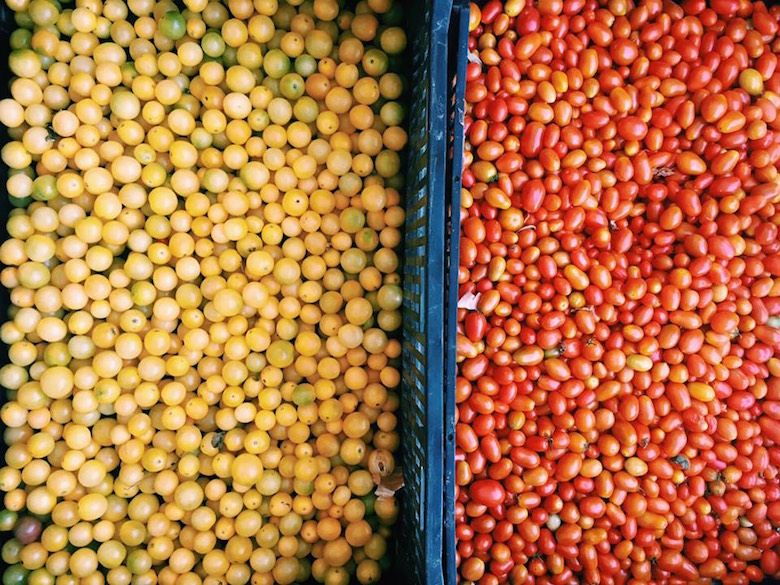
Civil Eats has an important message for how to apply lessons of the food movement to preserving democracy:
“How can the food movement best navigate this treacherous new environment? Two years ago, we outlined the need for a national food policy, a critical yardstick in determining whether legislation helps or harms farmers, eaters, the land, animals, and more. This remains an important long-term goal, but right now the most pressing work is to join forces with other progressive groups in a more immediate cause: protecting the disadvantaged and defending democracy. So it is the recent minimum wage victories, spurred by the Fight for $15—an alliance of workers, labor unionists (specifically, the Service Employees International Union), immigrants’ and women’s rights advocates, and the Food Chain Workers Alliance—that should point the way forward.”
The Times breaks down how 2016 got so hot:
“Global temperatures have continued to rise, making 2016 the hottest year on the historical record and the third consecutive record-breaking year, scientists say. Of the 17 hottest years ever recorded, 16 have now occurred since 2000.”
The Guardian reports on how why parts of the U.S. are heating up faster than the rest of the world:
“The authors expect the Northeast U.S. will warm 50 percent faster than the planet as a whole. They also find that the United States will reach a 2 degree Celsius warming 10 to 20 years before the globe as a whole.”
NPR writes that the U.S. is putting bumblebees on the endangered species list:
“The protected status, which goes into effect on February 10, includes requirements for federal protections and the development of a recovery plan. It also means that states with habitats for this species are eligible for federal funds.”
Also at NPR, a look at how the idea of food as medicine has gone mainstream:
“Nadeau is part of a small revolution brewing across California. The food-as-medicine movement has been around for decades, but it’s making inroads as physicians and medical institutions make food a formal part of treatment, rather than relying solely on medications. By prescribing nutritional changes or launching programs such as ‘Shop with Your Doc,’ they’re trying to prevent, limit or even reverse disease by changing what patients eat.”
The rise of processed food in Latin America has led to increased obesity, according to Reuters:
“That has occurred partly as economic growth, increased urbanization, higher average incomes and the region’s integration into international markets have reduced the consumption of traditionally prepared food and raised that of ultra-processed products, the report said.”
Recode looks at robot food delivery services:
“The six-wheeled robots are a little under two feet tall, weigh about 40 pounds empty and travel four miles per hour—walking speed. The idea is that one day soon these autonomous rovers will share sidewalk space with pedestrians on their own, but for now they’ll be accompanied by handlers—people walking alongside each robot as it makes its deliveries. The handlers will take notes on how well Starship’s robots perform and intervene if something goes wrong.”
Alternet reports on the sad and scary state of modern industrial dairy agriculture (spoiler: buy organic):
“It all begins with dairy farm economics. The more milk produced, the bigger the glut and the lower the prices. But the lower the prices, the more milk the farmer needs to produce to try and make money. And around and around it goes, with the dairy cow taking the brunt of the push to produce more and more milk. They are, after all, doing the producing.”



